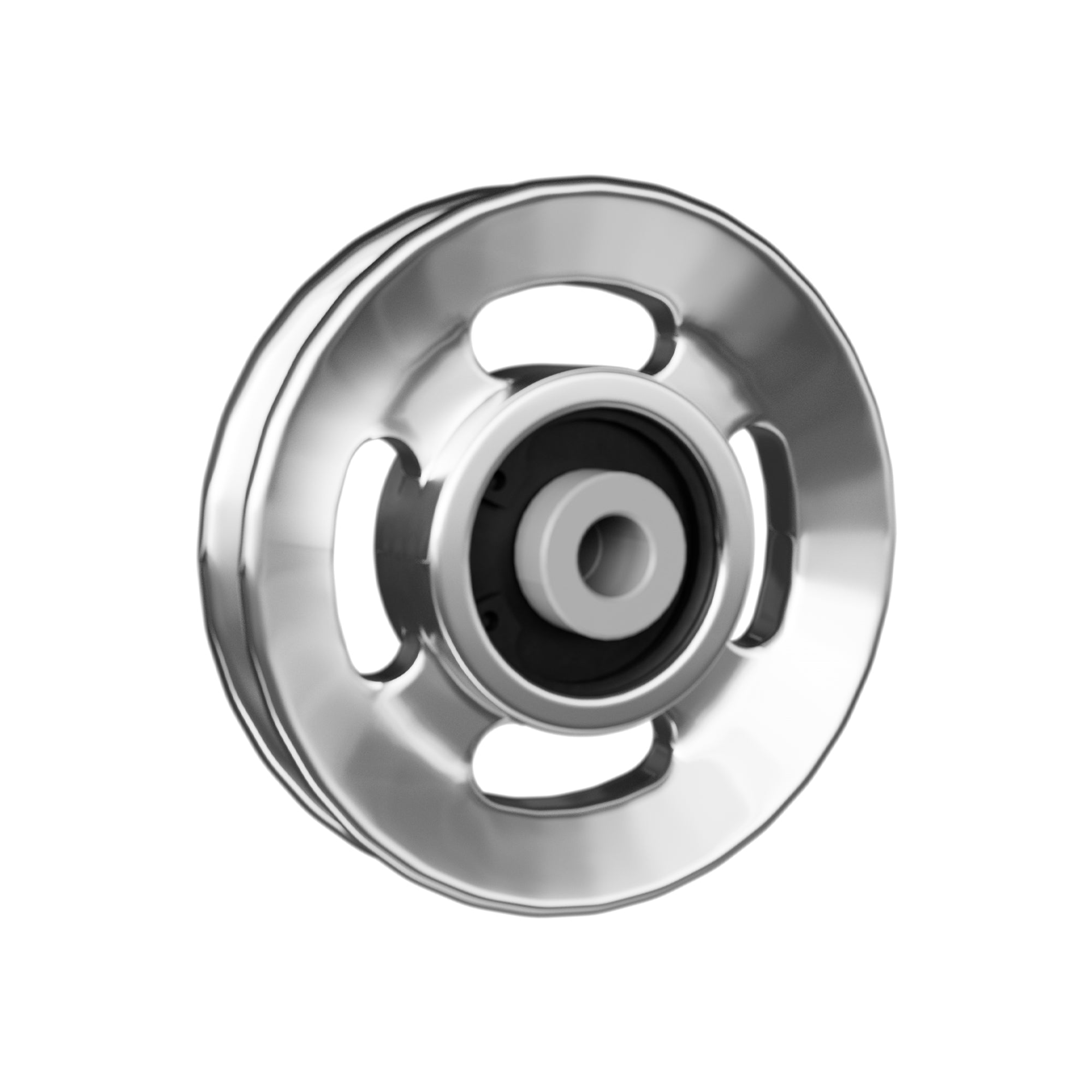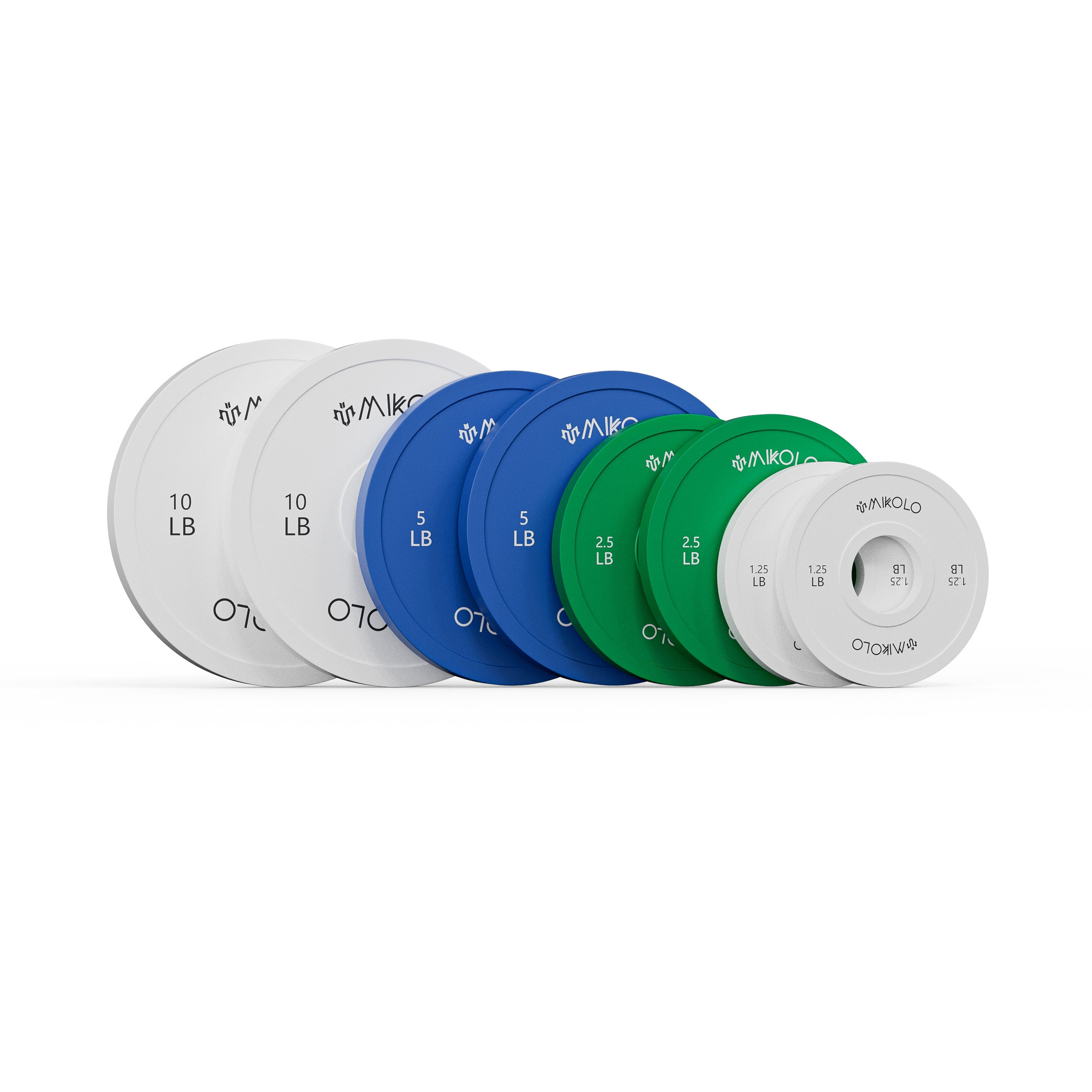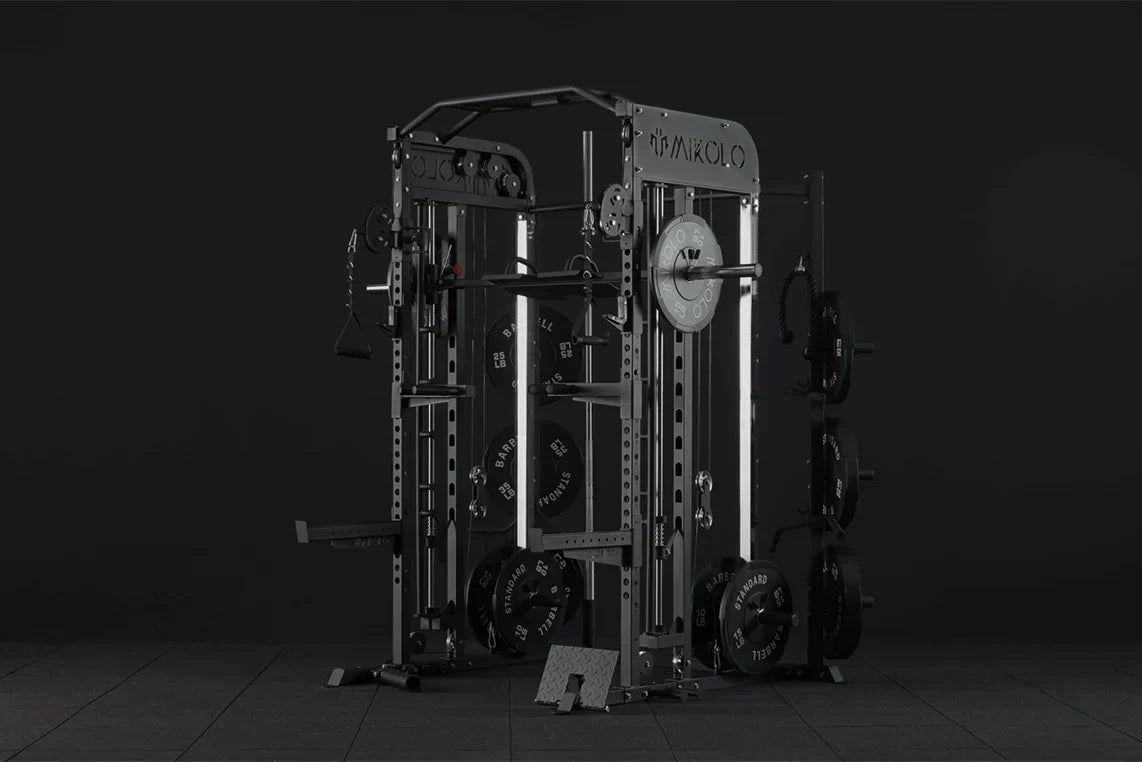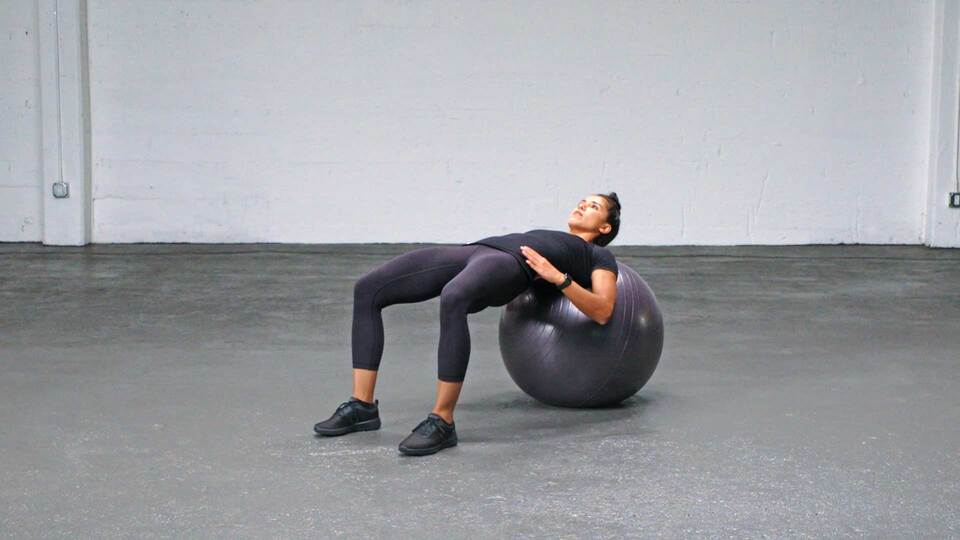When it comes to building strength, few programs have stood the test of time like Starting Strength, 5/3/1, and StrongLifts 5x5. Each program has developed a loyal following—and for good reason. They’re built on solid training principles, deliver results, and are accessible for lifters of varying experience levels. But how do they differ? And which one best suits your goals?
Let’s break them down side by side.
Starting Strength: Fast Progress for Beginners
Created by Mark Rippetoe, Starting Strength focuses on linear progression—adding weight to the bar every workout. It's built around core barbell lifts: squat, deadlift, bench press, overhead press, and power clean.
Best For: True beginners wanting to build a foundation in strength and technique quickly.
Program Highlights:
-
3 workouts per week, alternating between two routines
-
Focus on compound lifts
-
Weight increases every session
-
Simplicity and short duration
Pros:
-
Fast strength gains early on
-
Teaches full-body barbell mechanics
-
Great for young athletes and novices
Cons:
-
Progress stalls after a few months
-
Limited upper-body volume
-
No built-in conditioning or variation
StrongLifts 5x5: A Simplified Alternative
StrongLifts 5x5 is often compared to Starting Strength due to its beginner-friendly format and use of full-body compound movements. However, it opts for five sets of five reps rather than Starting Strength’s three sets.
Best For: New lifters who prefer a structured app-based approach with volume slightly higher than Starting Strength.
Program Highlights:
-
3 sessions weekly with 5 sets of 5 reps
-
A/B workout format with squat every session
-
Built-in progression with an intuitive app
Pros:
-
Easy to follow
-
Volume helps build muscle as well as strength
-
App support makes tracking simple
Cons:
-
Squatting every workout can fatigue some lifters
-
Progress may plateau without deloads or assistance work
5/3/1 by Jim Wendler: Long-Term Progression and Customization
5/3/1 is a more advanced program that uses monthly cycles and submaximal training percentages. Instead of linear progression, you increase weight more gradually—usually in four-week cycles.
Best For: Intermediate to advanced lifters seeking sustainable, long-term gains and lifestyle balance.
Program Highlights:
-
Four main lifts: squat, bench press, deadlift, and overhead press
-
Training max set at ~90% of 1RM
-
Monthly wave loading: 5 reps, 3 reps, then 1+ reps
-
Plenty of customization options (e.g. Boring But Big, First Set Last, Joker Sets)
Pros:
-
Flexible and scalable
-
Allows for recovery and avoids burnout
-
Excellent for building strength over years
Cons:
-
Slower progress than beginner programs
-
Not ideal for novices unfamiliar with their 1RM
-
Customization can be overwhelming at first
5/3/1 vs 5x5: Key Differences
| Feature | 5/3/1 | StrongLifts 5x5 |
|---|---|---|
| Target Audience | Intermediate & advanced lifters | Beginners |
| Progression Type | Monthly wave-based | Linear progression |
| Volume | Moderate to customizable | High volume (5x5 sets/reps) |
| Recovery Focus | Emphasized | Less emphasized |
| Assistance Work | Highly customizable | Basic to none |
| Long-Term Use | Sustainable | Best for early months |
Which Should You Choose?
-
Total Beginner? Start with Starting Strength or StrongLifts 5x5. Both will help you learn proper form and gain strength quickly. Choose StrongLifts if you like more volume and an app to guide you.
-
Ready for the Next Step? Transition to 5/3/1 once linear progression stalls. It’s slower but smarter—and great for lifters with long-term goals.
-
Prefer Structure or Flexibility? StrongLifts is highly structured. 5/3/1 offers tons of flexibility if you enjoy tailoring your workouts.
Final Thoughts
There’s no “one-size-fits-all” strength program—but there is a right program for your current stage. Starting Strength and StrongLifts 5x5 lay the foundation. 5/3/1 builds the house. Choose based on your goals, recovery capacity, and experience level. Stick with it, track your progress, and most importantly—stay consistent.
















































Leave a comment
This site is protected by hCaptcha and the hCaptcha Privacy Policy and Terms of Service apply.